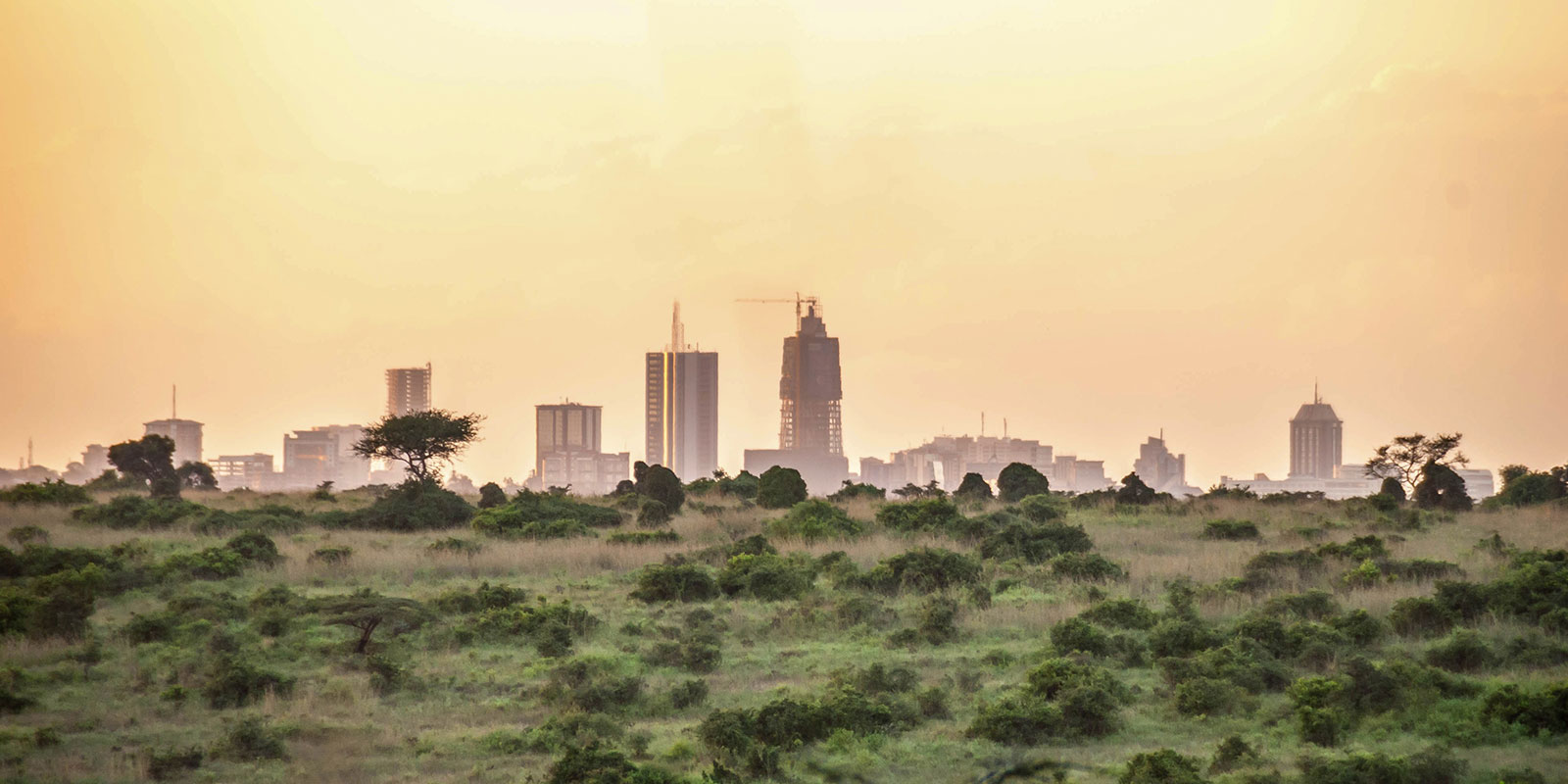COP26 is being held in the context of a global pandemic, which in a way rarely matched in the last 75 years, highlights the shortcomings of the multilateral system. Solidarity and enlightened self-interest have essentially faltered in responding to a pandemic that requires a worldwide response if populations anywhere are to be truly safe.
As COP26 draws to a close, the very same stark divides that have emerged in response to COVID-19 are manifesting in the negotiations over the urgent action needed to respond adequately to climate change.
As #COP26 draws to a close, it is important that the climate change agreements that emerge should not close off the development path for Africa and the Global South @AmbMKimani
Tweet
As the negotiators face-off, they should keep in mind the critical point, to say the least, that climate change mitigation should not close off the development path for Africa and the Global South. They should remain conscious that the bulk of resources required for adaptation will need to be raised domestically, requiring much stronger economies than now exist. Nor should climate change mitigation be used to limit, for instance via net-zero tariffs, the economic competitiveness of developing countries with relatively low emissions.
Back to the conference. Will responsibility, solidarity and enlightened self-interest get the job done this time? Below are a few markers of minimum gains that Kenya considers critical if Glasgow is to be considered a success:
Long-term Climate Finance
COP-26 should deliver concrete substantial finance targets and deliver a plan with equal treatment for mitigation and adaptation. At a minimum, the conference should ensure that climate finance is scaled up annually in the period between 2021-2025, with a minimum of US$ 100bn per year disbursed through a clear delivery plan for the period. In addition, that there will be discussions on a new and higher global finance goal for 2025 onwards as mandated in the Paris Agreement.
Consideration should be given to the African proposal for a new post 2025 climate finance mobilisation goal that developed countries should commit to, and that can jointly mobilize at least USD 1.3 trillion per year by 2030, of which 50% should be for mitigation and 50% for adaptation.
Global Goal on Adaptation and loss and damage
With climate change impacts increasing, provisions to help the most vulnerable to adapt, including through increased financial support should be strengthened. It is thus crucial for COP26 to take concrete steps to operationalise the global goal on adaptation and facilitate the monitoring and understanding of collective progress. Commitment to address loss and damage associated with climate change and resources required is an important piece that should also be delivered.
Adaptation Financing Gap
Adaptation needs to get its fair share of financing. Several climate finance gap reports (including the Adaptation Finance Gap Report, 2020) indicate that 80% of climate finance goes towards mitigation and less than 20% to adaptation (these include Climate Finance Flows from The Green Climate Fund (GCF)).
Nairobi Work Programme on Adaptation
The United Nations Framework Convention on Climate Change (UNFCCC) Knowledge-to-Action Hub for Climate Adaptation and Resilience that was adopted in Nairobi during COP12, should be strengthened to improve knowledge on assessment of impacts, vulnerability, adaptation and resilience.
Recognition of Special Needs of Africa under the Paris Agreement
The Paris Agreement, however, does not recognise the special needs of Africa but recognises LDCs, Small Island States and others. This leaves non-Least Developing Countries (LDCs), such as Kenya, being treated as equals of the largest industrialised economies. COP26 should take forward the consultations on recognising the special needs of Africa (beyond the LDCs) under the Paris Agreement that was initiated at COP25 with a view to bringing the matter to a close at COP26.
Momentum on Climate Change Mitigation for Paris Agreement Temperature Goal on 1.5 degree warming
Momentum for high mitigation ambition should be maintained and the G20 Countries responsible for 80% of global emissions should be called to action to set more ambitious targets that are in line with the 1.5 degree C goal under the Paris Agreement; and to enact domestic policies at national level that will ensure realisation of their commitments. The G20 Countries Long Term Strategies (LTS) for 2050 must include a net-zero target before or by 2050, and not beyond; and this critical moment to rebuild trust, restore justice, and strengthen solidarity between developed and developing countries should be used to reinforce confidence in the multilateral climate regime.
Technology Development and Transfer and Capacity Building
Adequate support should be provided to African countries for technology development and transfer and capacity building to enable implementation of the Paris Agreement. For this to be effective, the technologies should build on local knowledge and practices that are proven to work. In addition, African governments, experts and institutions should be at the centre.
Finalisation of pending matters under the Paris Agreement Rule book
Finally, the pending matters on Article 6 (Carbon Market mechanisms), transparency and common reporting time frames that are delaying the finalisation of the Paris Agreement Rule Book should be concluded.
Dr Martin Kimani, is Kenya’s Permanent Representative to the United Nations, New York.


